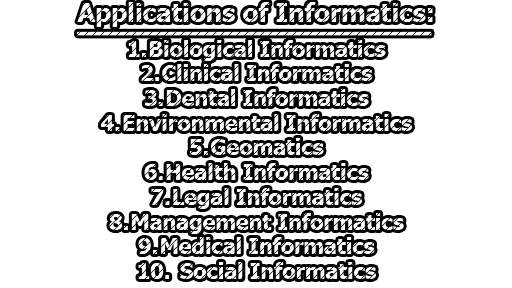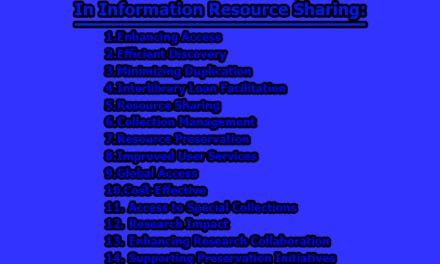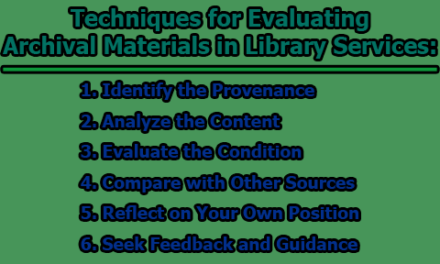Informatics is a broad field that focuses on the study of information processing and computer-based information systems. It encompasses a variety of disciplines including computer science, information science, information technology, and various other fields that deal with the creation, storage, retrieval, and use of information. Informatics can be applied to many different areas, such as business, healthcare, education, government, and scientific research, to name a few. It involves the use of technology and information systems to improve the efficiency, effectiveness, and accuracy of information management and decision-making. In the rest of this article, we are going to know about the applications of informatics.
Definitions of Informatics:
Informatics is a multidisciplinary field that deals with the study of information processing, storage, retrieval, and distribution using computer-based systems. Here are a few definitions of informatics:
According to the International Medical Informatics Association, “Informatics is the science of information, its structure, acquisition, storage, retrieval, and dissemination.”
The American Medical Informatics Association defines informatics as “the interdisciplinary study of the design, development, adoption, and application of IT-based innovations in healthcare services delivery, management, and planning.”
The National Library of Medicine defines informatics as “the field of study concerned with the application of information processing and computer science to the storage, retrieval, and dissemination of information.”
The European Federation for Medical Informatics defines informatics as “the science of information, engineering of information systems, and their socio-economic impact.”
From the above definitions, we can say that informatics is a diverse field that encompasses various areas of study and applications, including healthcare, business, education, government, and scientific research.
Applications of Informatics:
Informatics has a wide range of applications across several different fields. Here are some of the applications of informatics:
- Biological Informatics: Biological informatics, also known as bioinformatics, involves the use of computer-based tools and techniques to analyze and manage biological data. It encompasses various areas such as genomics, proteomics, and metabolomics. Bioinformatics tools are used to study the structure, function, and evolution of biological molecules, and to develop new drugs and treatments for diseases.
- Clinical Informatics: Clinical informatics involves the use of information technology to improve patient care and outcomes. It includes the design and implementation of electronic health records (EHRs), decision support systems, and clinical information systems. Clinical informatics helps healthcare professionals to access patient information quickly and efficiently, make informed decisions, and provide quality care.
- Dental Informatics: Dental informatics focuses on the use of information technology in dentistry. It includes the development and implementation of electronic dental records (EDRs), teledentistry, and other digital tools to improve patient care and communication between dental providers.
- Environmental Informatics: Environmental informatics involves the use of information technology to manage and analyze environmental data. It includes the development and use of tools such as geographic information systems (GIS), remote sensing, and data analytics to monitor environmental changes and inform policy decisions.
- Geomatics: Geomatics is the science of measuring, analyzing, and managing geospatial data. It includes the use of tools such as GIS, remote sensing, and GPS to map and manage natural resources, plan, and design infrastructure, and support disaster management.
- Health Informatics: Health informatics is a broad field that encompasses various areas such as clinical informatics, public health informatics, and consumer health informatics. It involves the use of information technology to improve health outcomes, reduce costs, and enhance patient engagement. Health informatics includes the development and use of electronic health records (EHRs), health information exchange (HIE) systems, and mobile health (mHealth) applications.
- Legal Informatics: Legal informatics is the application of information technology to the legal field. It includes the development and use of tools such as electronic case management systems, e-discovery tools, and legal analytics to improve the efficiency and effectiveness of legal processes.
- Management Informatics: Management informatics involves the use of information technology to support management decision-making processes. It includes the development and use of decision support systems, business intelligence tools, and data analytics to improve organizational performance and achieve strategic goals.
- Medical Informatics: Medical informatics involves the use of information technology to manage and analyze medical data. It includes the development and use of electronic medical records (EMRs), clinical decision support systems, and medical imaging systems to support diagnosis, treatment, and research.
- Social Informatics: Social informatics is the study of the social aspects of information technology. It includes the analysis of the impact of information technology on society, and the development and use of technologies to support social processes and interactions. Social informatics includes areas such as human-computer interaction, online communities, and social network analysis.
It is apparent that informatics is a multidisciplinary field that plays a critical role in managing and analyzing data, supporting decision-making processes, and enhancing performance in various domains, including healthcare, education, business, government, science, social media, finance, and law. The applications of informatics are diverse and constantly evolving, reflecting the ongoing development of new technologies and the growing need for data-driven decision-making. As such, informatics has become an essential component of modern society, providing the tools and techniques necessary to address complex challenges, improve operational efficiency, and enhance the quality of life. With the increasing reliance on data and information technology, the importance of informatics is expected to grow in the coming years, creating new opportunities and challenges for professionals in this field.

Former Student at Rajshahi University










